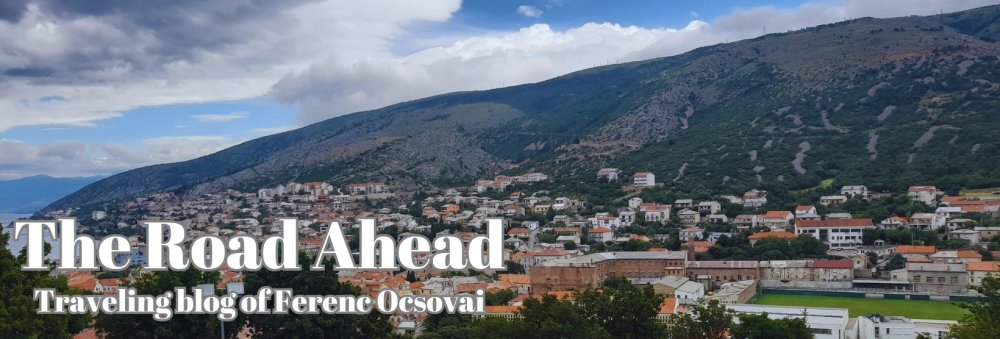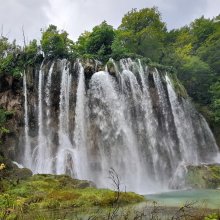
Even the most experienced travellers have situations sometimes when they are just speechless and they see something they are unable to describe with words. I knew that such a day would come in my life as well, but I would have never thought that it was going to be a trip to Croatia by visiting an 'obligatory sight' which you can find on the bucket list of many tourists: the Plitvice Lakes.
I was aware of the fact that this would be a double challenge: first of all, although I am a hiking person, I usually write about the local culture, the people or the city' s structure, and this time I have to write about nature itself, which is not just an additional chapter in this case, but the protagonist itself of the journey.
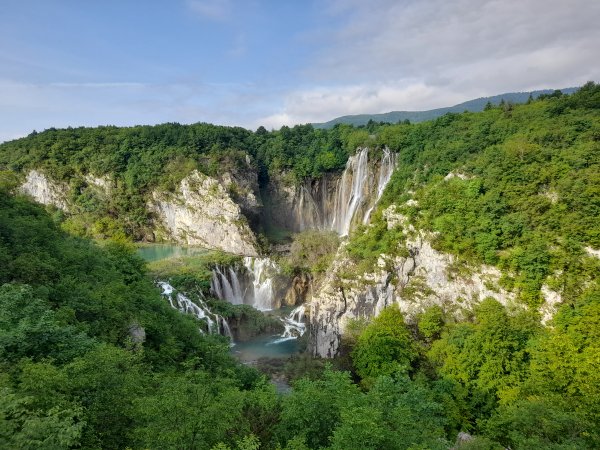
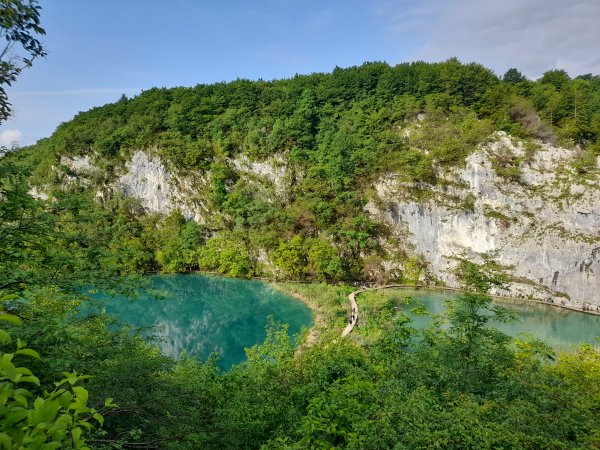
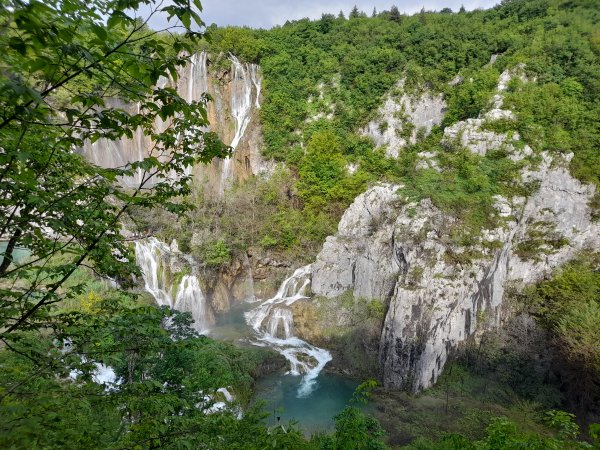
I do not entirely agree with the concept of bucket lists, but I definitely share the idea that these worldwide famous lakes, being protected by the UNESCO world heritage program represent a real must-see in Croatia, and they are deeply embedded in the culture of the country as the nation's unquestionable pride.
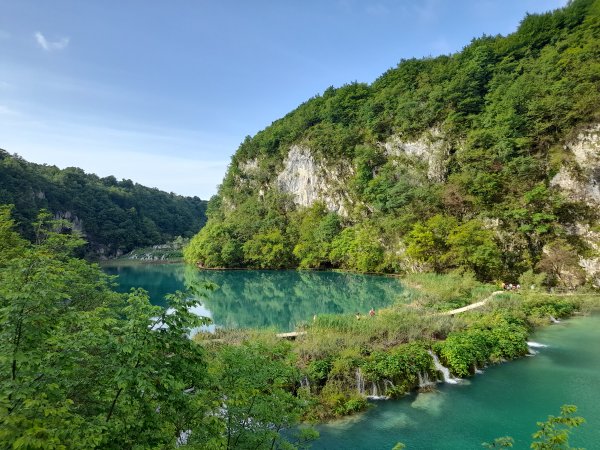
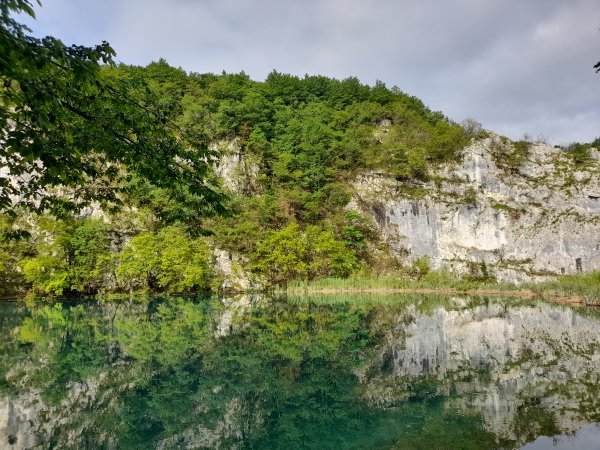
This is the moment that I am happy that besides writing poetry or artistic descriptions I also deal with photography on a very basic level, because the best illustration that will tell you the most, even without any comments is the collection of my pictures attached to this article.
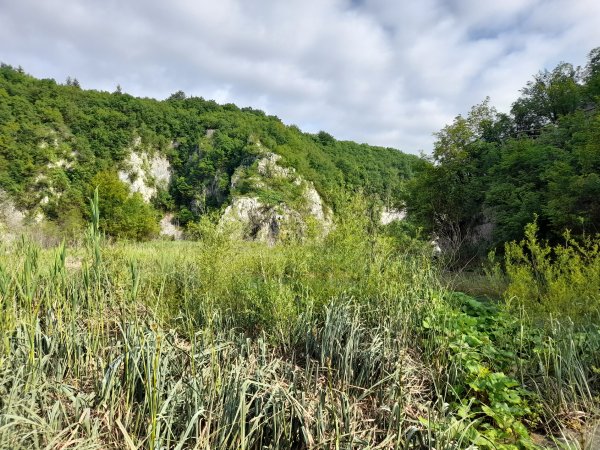
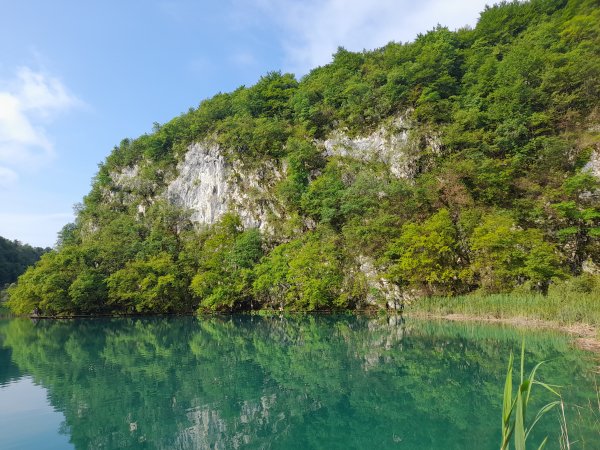
As a nature lover, I have to admit that I had ambivalent feelings, because, of course, it was a long-running dream and I had always wanted to see these fascinating lakes and the oldest national park of Croatia and everyone has the right to do so - also because I think everything you see there might be an important lesson about Creation and Nature for many of us.
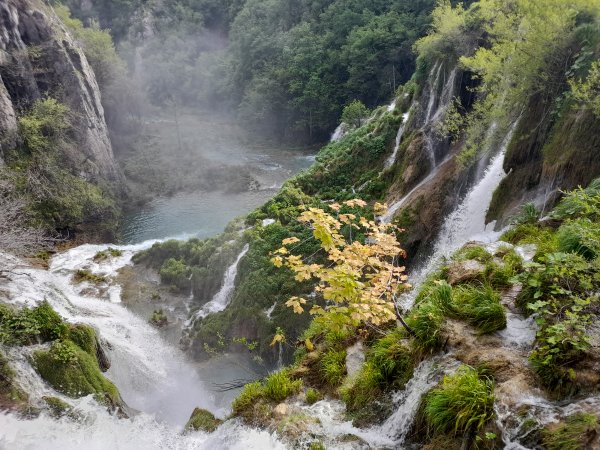
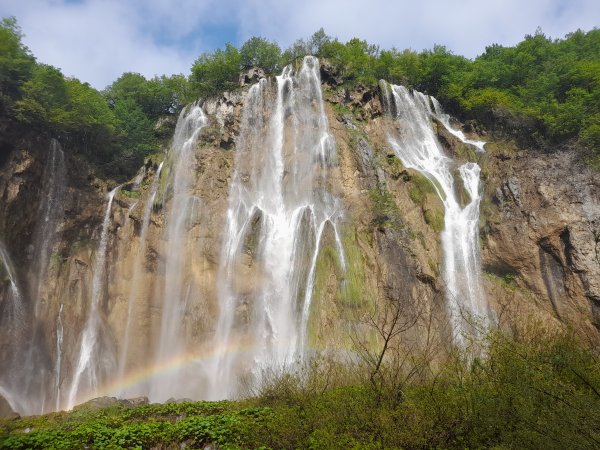
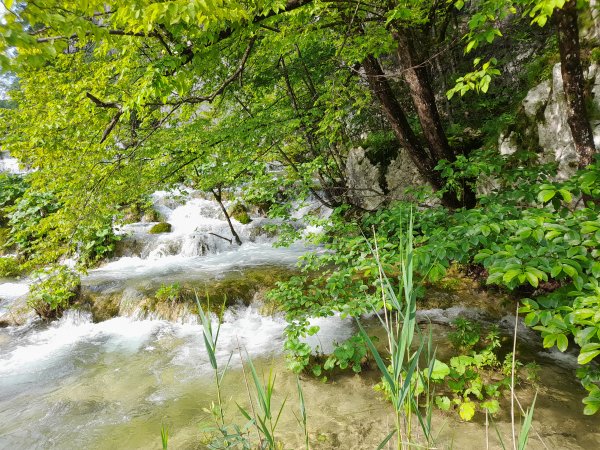
From the other hand though, I was worried that due to the extremely high popularity of the place and the outstanding traffic of tourists per year maybe the area has already been exploited and lost its magic thanks to the horribly selfish needs of our self-oriented, individualist and consuming society.
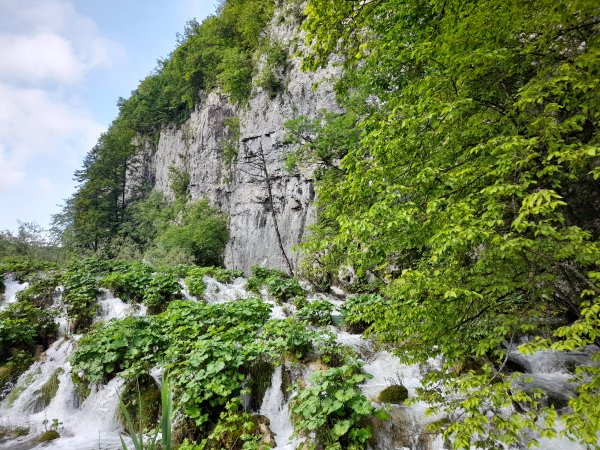
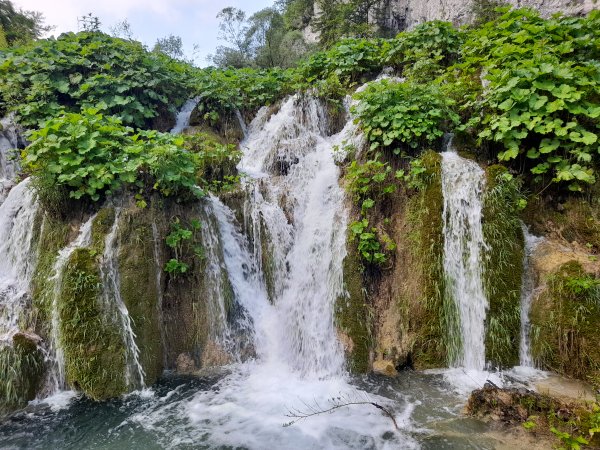
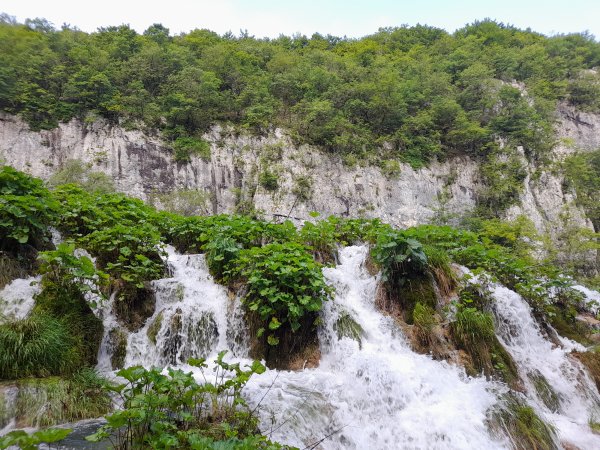
Well, I was glad to realize that unlike many tropical island, this was not the case of Plitvice National Park (Nacionalni park Plitvička jezera) which was almost just as clean and intact as originally when it was created and fortunately, it has not lost any of its magnetizing magic.
I could explain this happy news with the fact that the place is sincerely taken care of, but also with the respectful beauty and incomparable spirituality that one could feel during the whole hiking trip, which meant more or less 8 kilometers for my family and me (by choosing one of the average trails).
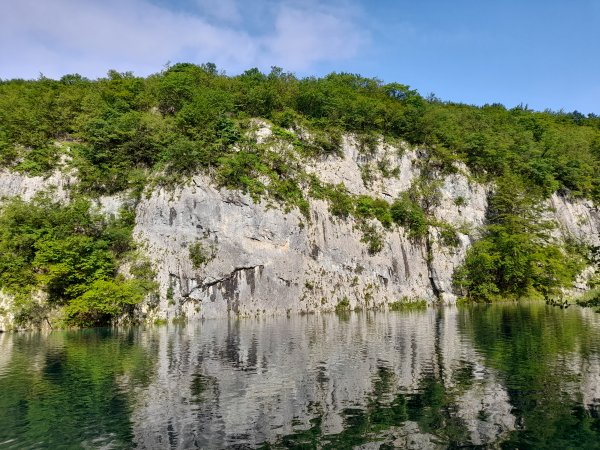
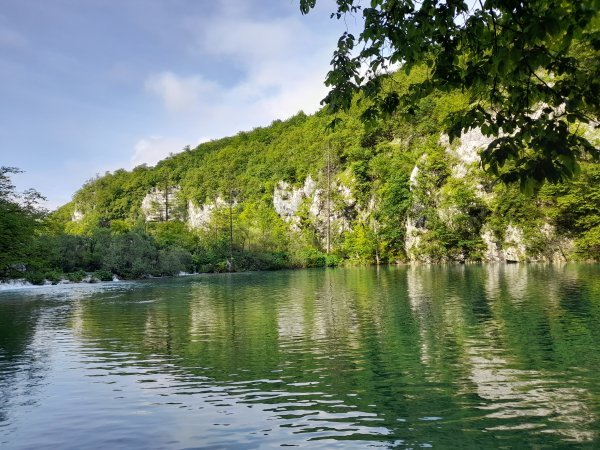
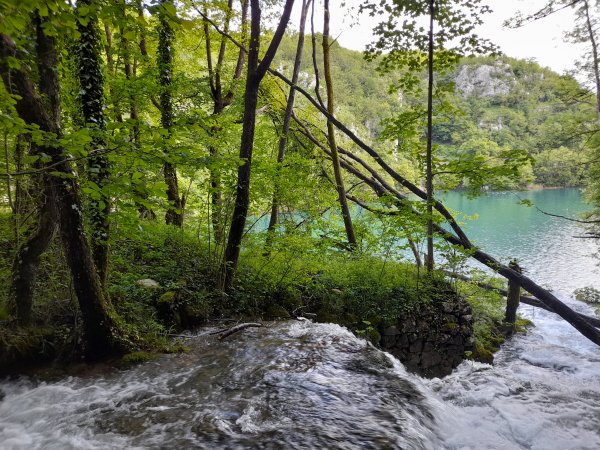
I will probably never forget the first look that I had on the Great Waterfall (Veliki Slap) just after entering the park that I simply could not stop to gaze with all of its ancient power, rolling down from the top of the rocks in the center of a real life painting - like something that has been flowing and falling there since the beginning of times and will probably stay there until the end of them.
After all of us, after the entire mankind, maybe even after everything living on the planet, if we protect it carefully. If you want to get closer to any celestial or transcendent experiences and feel that you have just understood something amazing about existence, you should certainly choose this place for such a purpose.
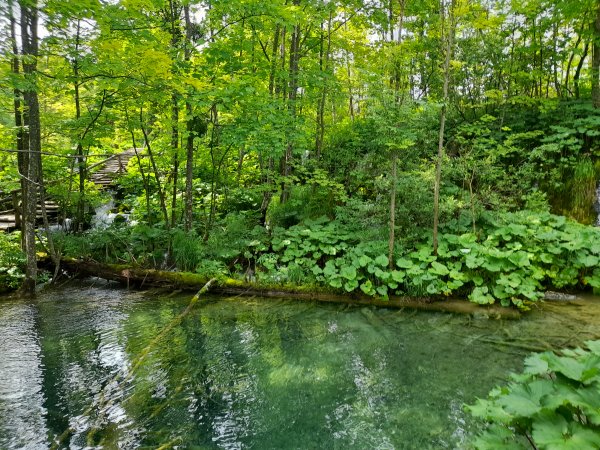
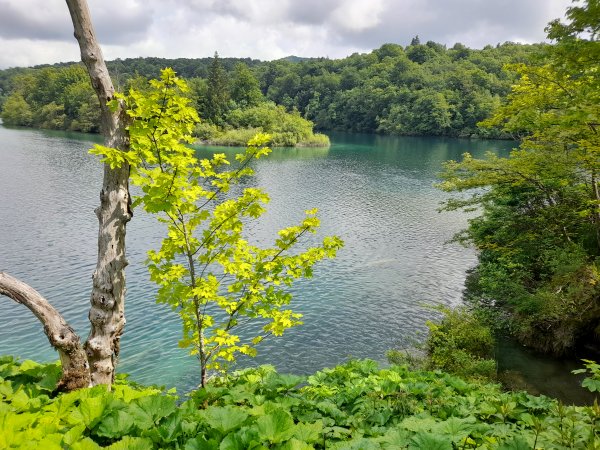
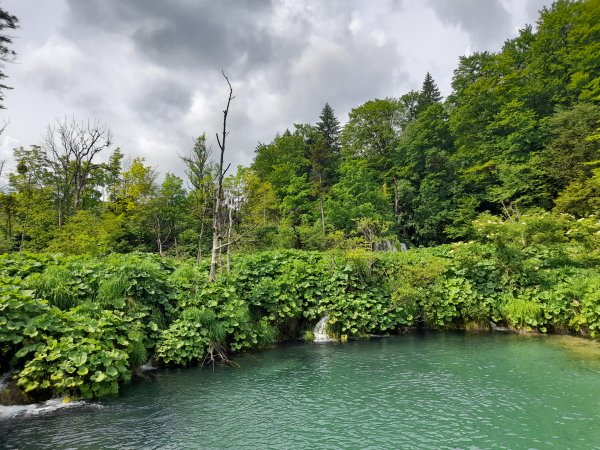
This huge miracle was the first real, literally great (I mean with the original Croatian adjective veliki, so 'big') waterfall of my life that made me feel like I was in some kind of documentary or adventure movie.
No wonder that Plitvice Lakes (Plitvička jezera) also served as a perfect location for the popular Yugoslavic western movies, starring mainly Serbo-Yugoslav actor Gojko Mitić. He portraid Winnetou and other fictional Native American characters, usually in cinema adaptations of books by German author Karl May.
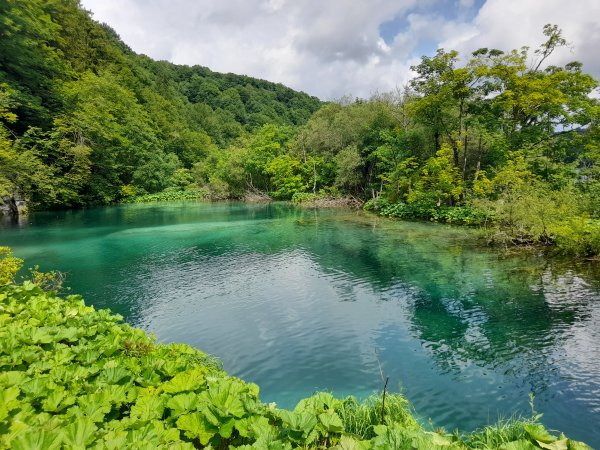
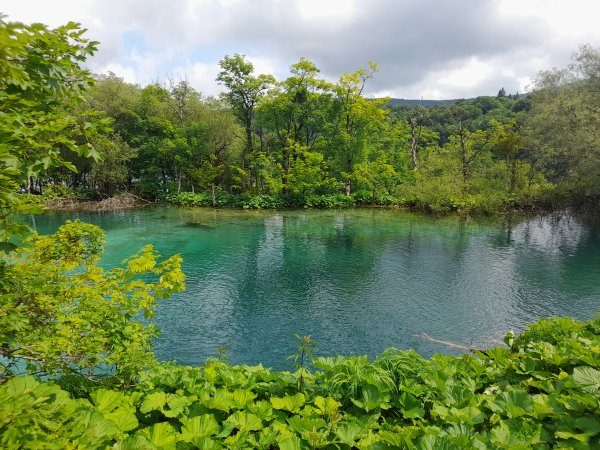
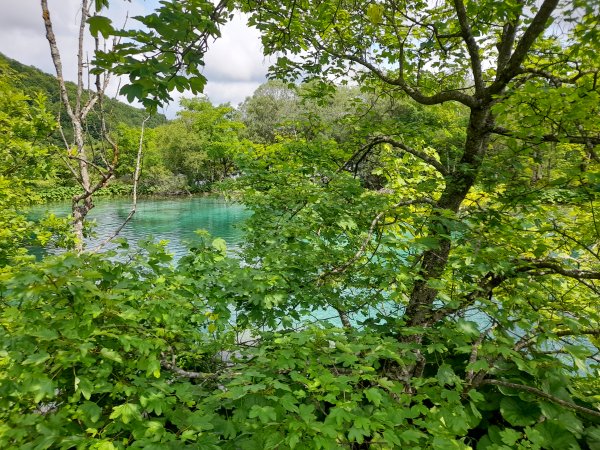
As Italians had the spaghetti western with for example Bud Spencer and Terence Hill (also both popular stars in Hungary), Yugoslavs and Eastern Bloc countries developed their own version of the genre, and maye nowadays one would think that they are not so interesting, they meant a lot for entire generations for whom the old Yugoslav legend was and still is a true hero. And, by the way, he rode horses and took the plunge in the lake for real without any stuntmen…
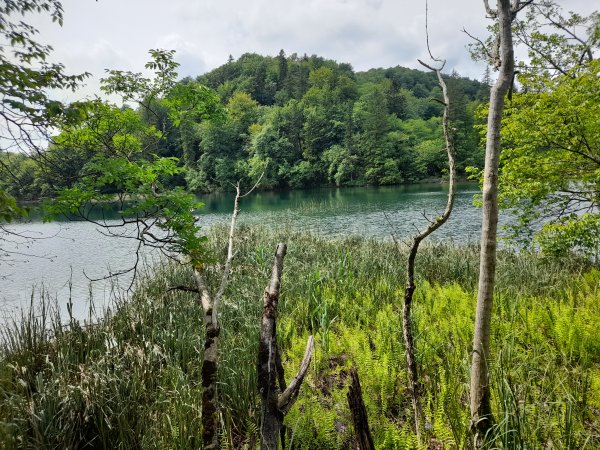
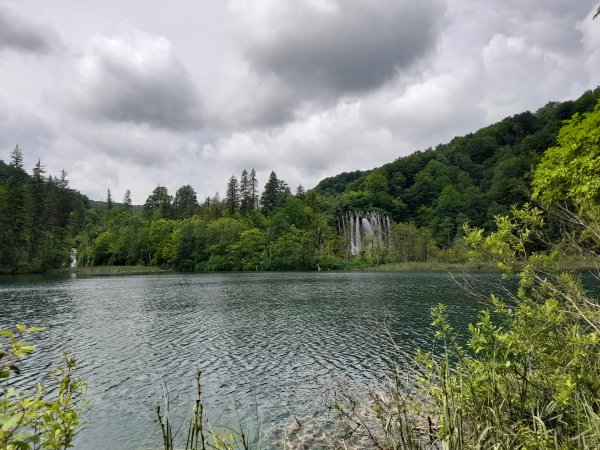
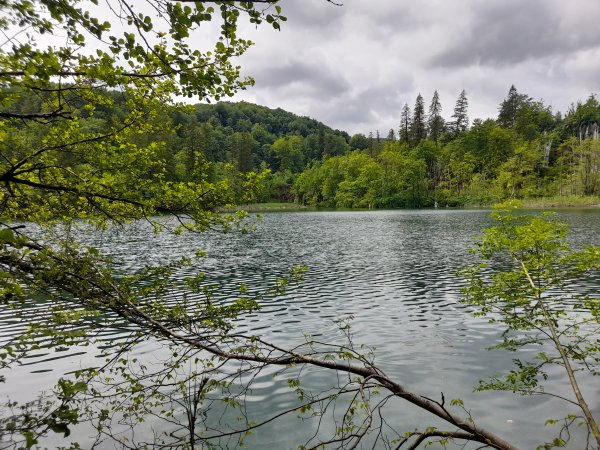
However, many centuries before even western movies or cinema had ever existed, these fabulous sixteen lakes already inspired many local legends, such as the one stating that once upon a time there was a valley with an enchanted forest on the territory of today's Plitvice called the Devil’s Garden (Vražnji vrt).
During a terrible drought people and animals were begging together for the rain; then a powerful fairy or goddess called Black Queen appeared who listened to the prayers and created the lakes with a huge storm and rain from her own tears. Additionally, it is said that the two local brooks bringing water to the lakes, Bijela Rijeka (White River) and Crna Rijeka (Black River) are the two eyes of the Queen (and Plitvice, by the way, is a name of a third brook as well)
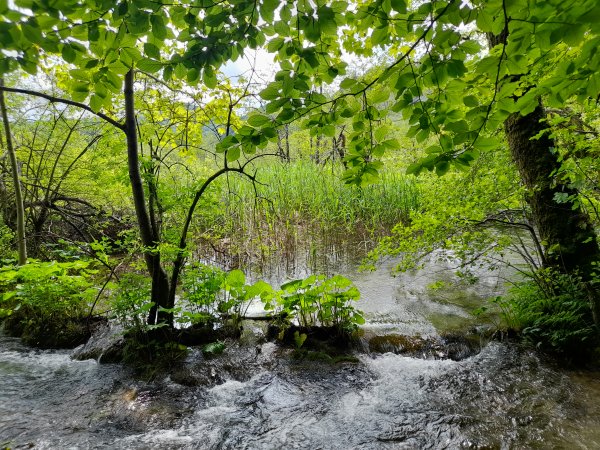
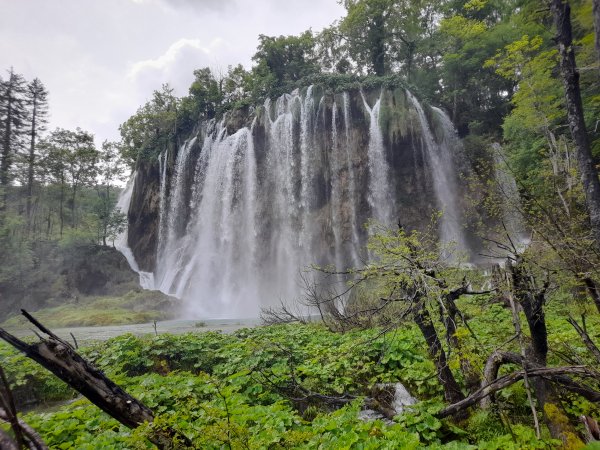
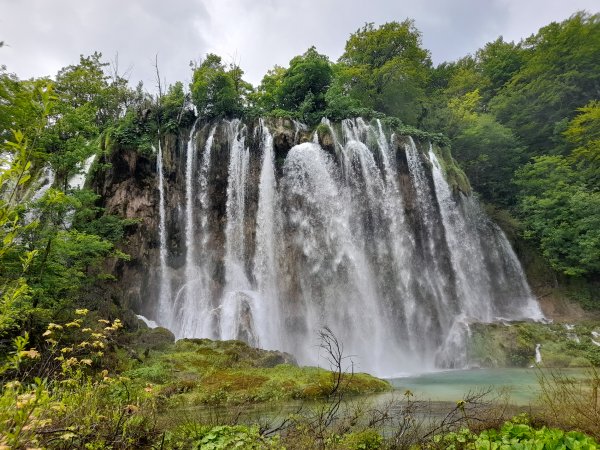
The first of the lakes, Prošćansko even derives its name from Croatian word prositi (to beg), while other lakes also have their stories: for instance, Okrugljak and Galovac served as the locations for the Black Queen’s underwater palaces (her castle, at the meantime, stood on the Velebit mountains), while Gavanovac hides the famous Gavanovo treasure, named after a wealthy local lord of good intentions called Gavan, who was actually attacked for his secret by the Black Queen herself, who plays the evil’s role in this legend.
There are also rumors about mysterious hermits, sages and monks living in the caves of Plitvice, who tell useful advices for those who find them, or they give hints to the travellers how to find their treasures.
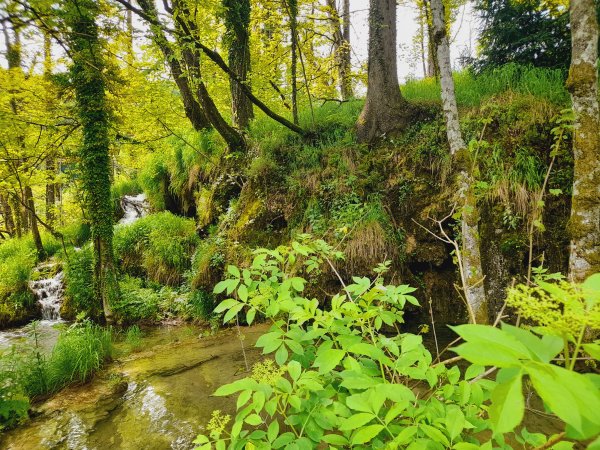
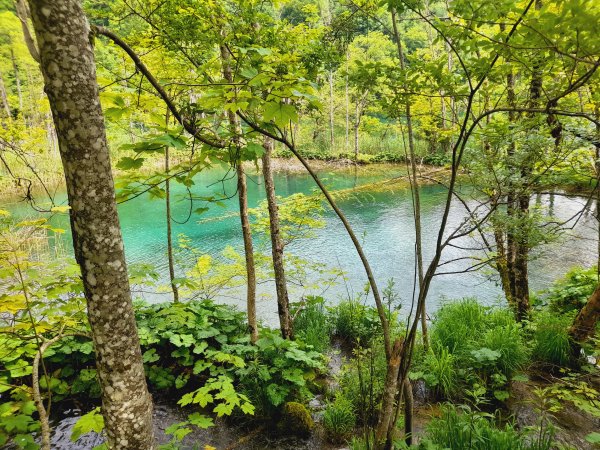
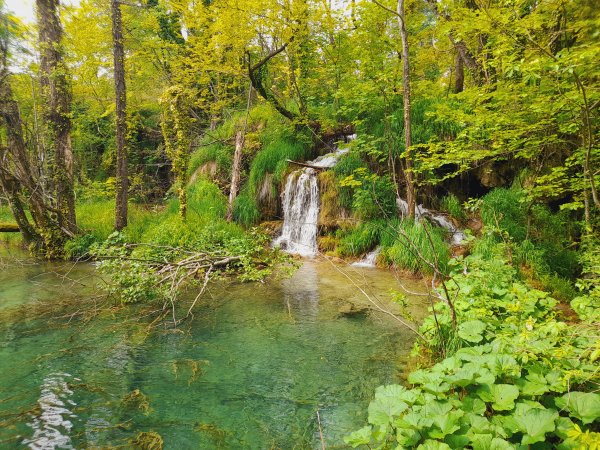
And the waterdrops still fall until these days in the park due to approximately 92 (!) waterfalls that the visitors can admire during their trip. If it would not be enough to convince you, the vegetation and the harmony provide a perfect background and scene for this experience that makes you feel that there are forces way stronger than us; that we are just the servants, not the rulers of these powers and we will fortunately never be able to control them.
A marvelous variety of plants, stones and sometimes animals accompany you while you walk on the trails, while the signs are almost totally understandable even for unexperienced hikers, and you would not even feel the whole trip exhausting thanks to the frequent stops you are gonna have. There is one wonder after another one and you will bump into something gorgeous literally at every tree or each half meter.
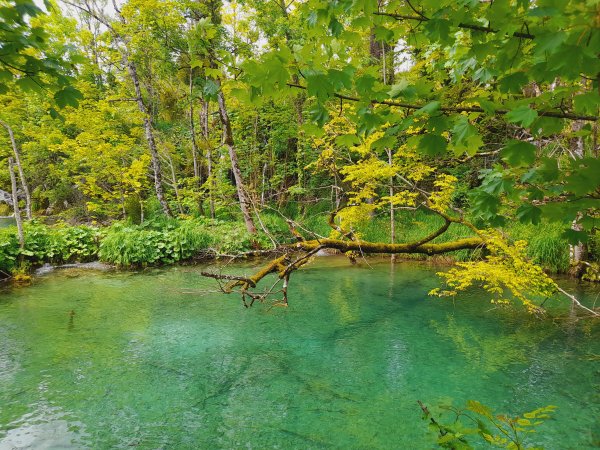
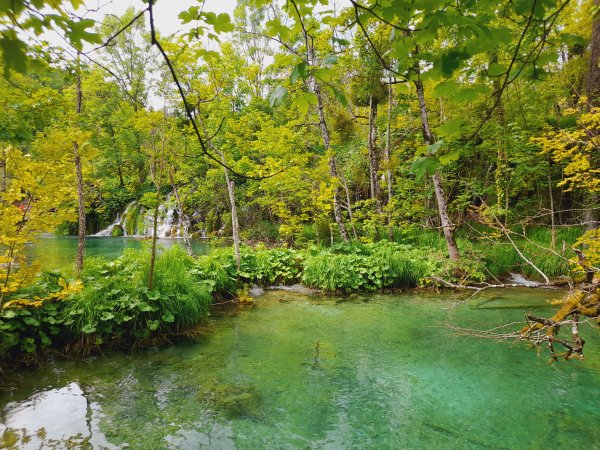
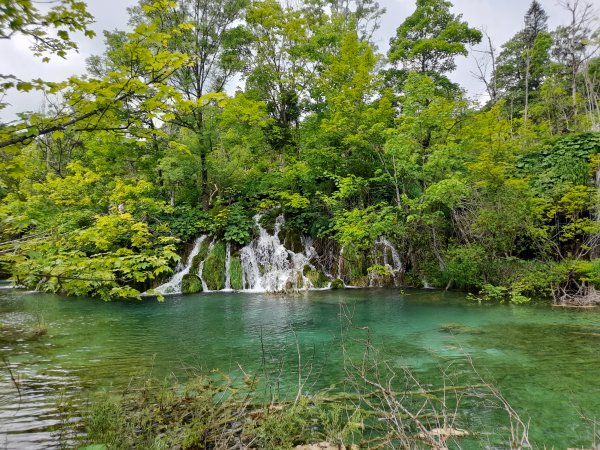
No matter if one is into forest trips or considers them all the same, because Plitvice enbodies an endless diversity of shapes and colors - like a well-directed open air show which you will never get bored of.
Inspite of the fact that I always look for the new, unknown and different, there are a few places where I could gladly return. The beautiful empire of these lakes is surely one of them, because fortunately, I cannot immagine that it can give you the exact same memories twice.
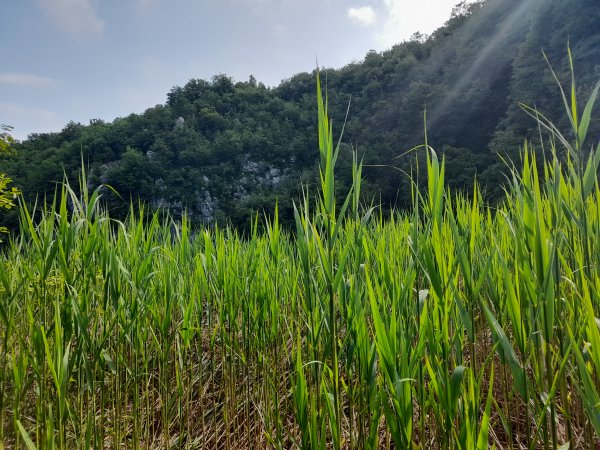
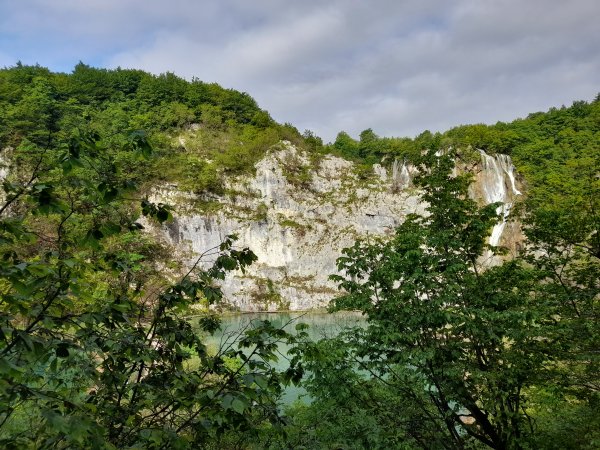
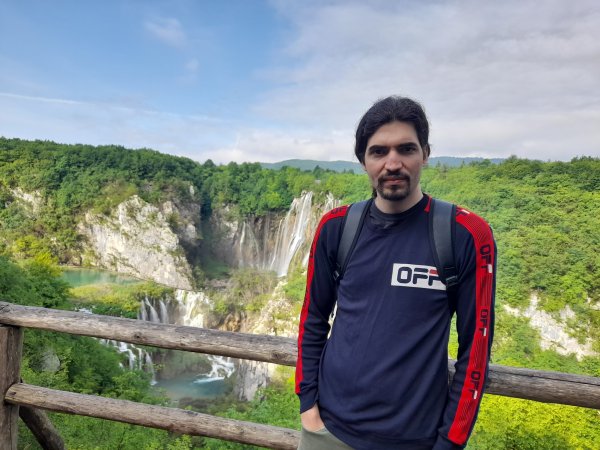
I also have to praise the organization of the park a little bit: everything is fast and fluent without any misunderstandings - it does not matter if we wait for our boat crossing Kozjak (the largest one of the lakes) or for the bus that should lift us back to the starting point from the top of the mountains: everyone in the staff is kind and helpful there.
Just as the nature itself, that still hosts new guests arriving to Plitvice every single day with its infinite, maternal patience.
